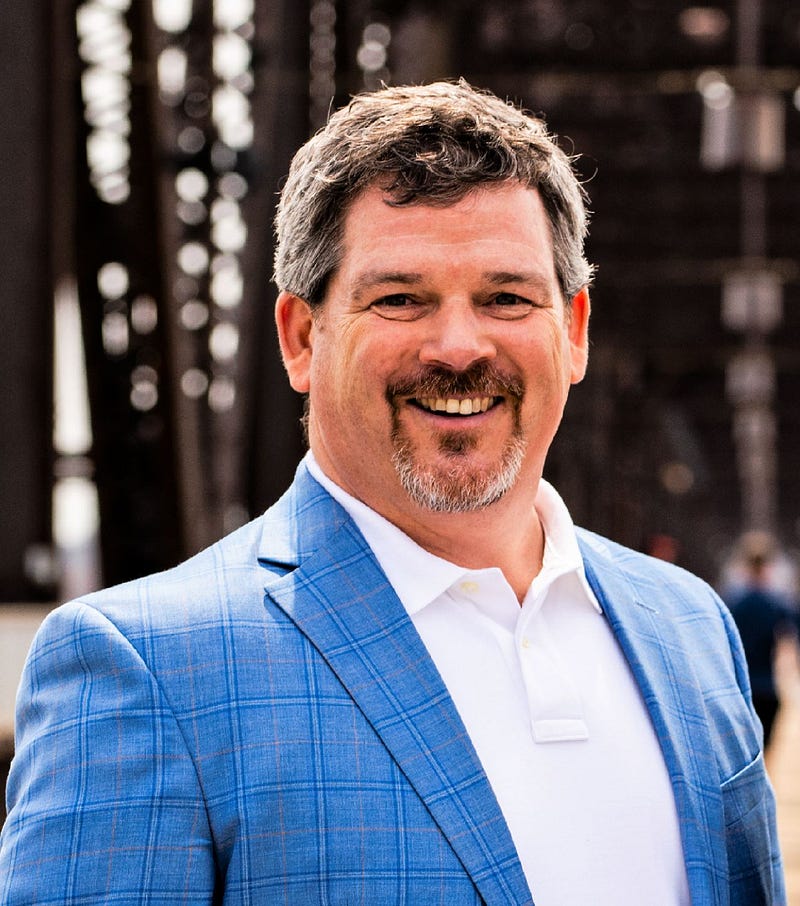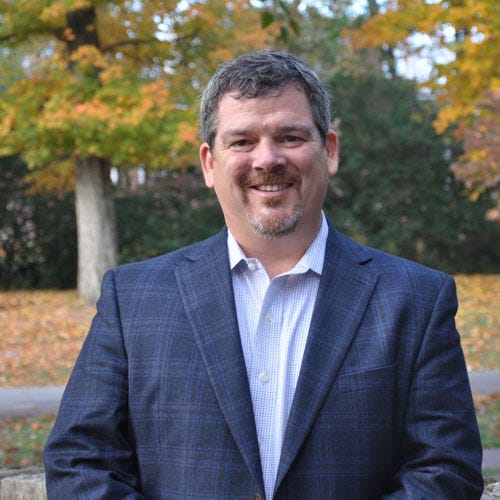Align your business with policyholders, not against them. It’s energizing to do right by consumers and see the benefits you can bring to their financial lives.
I had the pleasure of interviewing David Lau. David is the founder and CEO of DPL Financial Partners, a firm focused on the distribution of commission-free insurance products to the RIA and fee-based advisor channel. He is an executive with more than 25 years of professional experience directing strategy for innovative financial services companies. Mr. Lau has expertise in financial services sales, marketing, technology and operations. Prior to founding DPL, Mr. Lau was chief operating officer of Jefferson National, a leading innovator of tax-advantaged investing strategies for RIAs and fee-based advisors at broker dealers.
Thank you so much for doing this with us! Can you tell us a story about what brought you to this specific career path?
Throughout my career, I have always worked to correct inefficiencies in financial services distribution. Expensive distribution costs can drive up pricing for consumers. The first company I helped build, TeleBank, was the nation’s first internet bank, designed to eliminate the expense of building branches (which is quite an expensive way to sell checking accounts). Prior to DPL, I built an insurance carrier that eliminated commissions from products. At DPL we’ve dramatically expanded that notion by working with a large number of national carriers to eliminate commissions and pass on better consumer value.
Can you share a story about the funniest mistake you made when you were first starting in the industry? Can you tell us what lesson you learned from that?
One funny story was at TeleBank. One weekend we were replacing our telephone system during which time, any customer that called could not reach us. As we were going through the upgrade, an older gentleman came to the front door of the bank banging on the door in a panic. I asked him what the concern was, and he was terrified that we’d gone out of business. He’d lived through the Depression where there was a run on banks and he was fearful that he’d lost his savings. This reinforced quite strongly the lesson that financial services is very serious business. You are serving individuals that have entrusted you with their hard-earned assets. You can never forget that or take it lightly.
Are you working on any exciting new projects now? How do you think that will help people?
Less than a year old, DPL Financial Partners is itself is a new project. We’re building a network of fee-only financial advisors who want to offer Commission-Free life insurance and other insurance products to clients. It’s exciting because, until very recently, there weren’t many insurance options for fee-only advisors since — for ethical as well as practical reasons — they couldn’t offer products with embedded sales commissions.

Are you able to identify a “tipping point” in your career when you started to see success? Did you start doing anything different? Is there a takeaway or lessons that others can learn from that?
When I was helping to build Telebank, which later was acquired by E-Trade, we came up with what at the time was the novel idea of refunding out-of-network ATM fees and it was kind of a game changer for our organization — and subsequently the entire industry. My takeaway from that was that you are more likely to be successful as an enterprise by creating long-term value for your customers — even if that means forgoing short-term profit.
What advice would you give to other people in the insurance field to thrive and avoid burnout?
Align your business with policyholders, not against them. It’s energizing to do right by consumers and see the benefits you can bring to their financial lives.
As an “insurance insider”, you know much more about insurance than most consumers. If your loved one wanted to buy a policy from another person, which 5 things would you advise them to find out about before committing to a policy? Can you give an example or story for each?
1. Know your goals; are you primarily buying life insurance as a tax-favored investment, in which case you should consider one of the many varieties of permanent life insurance products, or to protect your family financially in the event of your untimely death, in which case term life may be the best solution? From there, you still have lots of choices to make, but this fundamental question at least helps you narrow the field of choices.
2. Understand the fees; Life insurance is notorious for being overpriced and packed with hidden fees, including fat sales commissions that don’t even go to the insurance company. Do your homework or, better yet, work with a financial advisor you trust to make sure you’re getting the best value for your premium dollar.
3. Name multiple beneficiaries and keep them updated; If your named beneficiary pre-deceases you, the death benefit will most likely be transferred to your estate, which can cause delays and unwanted tax consequences for the ultimate recipient.
4. Don’t delay; If you have people in your life who depend on you financially, you should own life insurance. The rates you are quoted are only going to go up as you get older.
5. Consider a “declining face value” policy; Too many consumers buy a policy with a static death benefit amount, which can mean they may be underinsured in middle age when their financial obligations tend to be high — think high mortgage balances and college tuition — and overinsured in the golden years, when the kids have left the nest and the house is mostly paid for. A declining face value policy, where the benefit decreases over time, can be a better match for the natural pattern of your financial life.

Insurance agencies or companies are often known to be very creative and innovative marketers. Do you use any clever and innovative marketing strategies that you think large legacy companies should consider adopting?
Insurance can be complicated, and we have found webinars to be a great tool for educating advisors who then share their knowledge with their clients.
None of us are able to achieve success without some help along the way. Is there a particular person who you are grateful towards who helped get you to where you are? Can you share a story about that?
There are so many people that influenced me along the way, but two really stick out. My first boss, Terry Furlong, who provided me a great foundation for marketing and serving customers. And David Smilow, whom I have worked with on several ventures. David is a real visionary and had the inspiration for starting TeleBank. That vision of reducing overhead to lower costs and provide better value for clients has informed my career. David has become a mentor and a friend who has been amazingly supportive — though he doesn’t invest in DPL because he does not want to negotiate against me. Which works for me, because I don’t want to negotiate against him either!
You are a person of great influence. If you could inspire a movement that would bring the most amount of good to the most amount of people, what would that be? You never know what your idea can trigger. 🙂
The movement I am best equipped to inspire is the one we are catalyzing at DPL Financial Partners — helping fee-only financial advisors gain access to Commission-Free insurance for their clients. The insurance industry is an enormous industry that provides valuable products for consumers. Reforming its cost structure would provide enormous financial benefit to consumers.
How can our readers follow you on social media?
Look for DPL Financial Partners on LinkedIn and tweeting from @dpl_fp.
Thank you so much for joining us. This was very inspirational.
About the Author:
Matt Schmidt is the founder of DiabetesLifeSolutions.com which specializes in helping people with diabetes find affordable life insurance. Matt founded the company after his father was diagnosed with diabetes in 2010. He is also founded Diabetes365.org to provide helpful information for those living with diabetes. Matt is also pre-diabetic.


